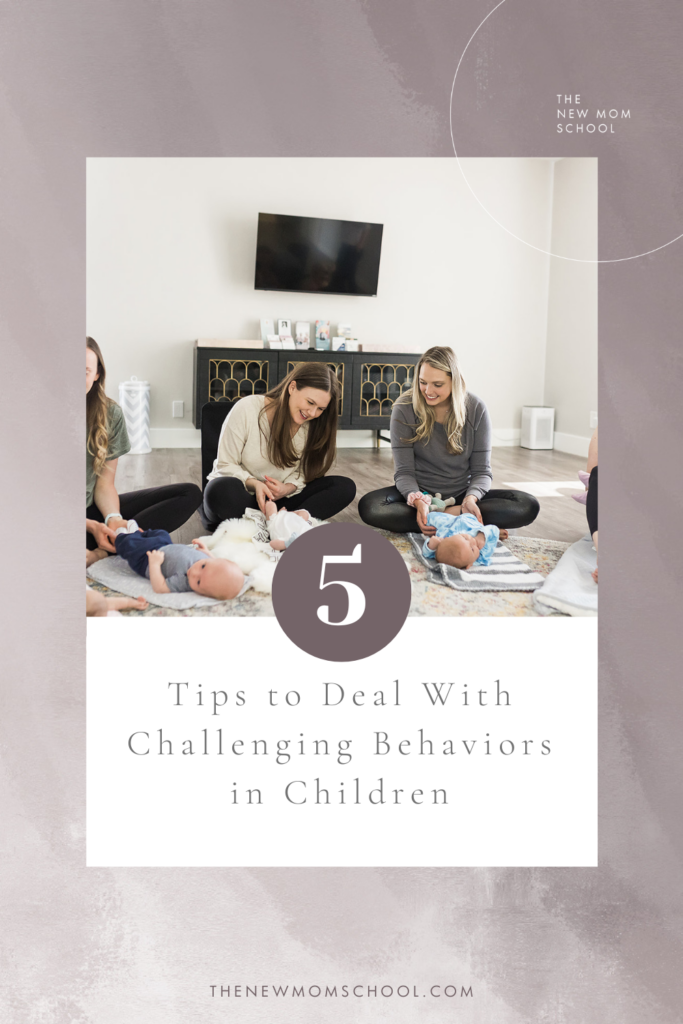If you’re a parent, chances are you’ve been challenged by your child’s behavior at some point! It doesn’t mean you’re doing anything wrong — children have been doing this since the beginning of time!
We can, however, learn some strategies to better deal with behavioral issues when they arise.
Here are 5 strategies to try.
- Set Boundaries. Kids want to be seen and heard, but they also want to see how far they can push the limits. It is important for parents to establish these limits, set boundaries, and enforce them—kids actually crave them! You don’t need to be a cruel taskmaster though. Use positive encouragement instead and get your child involved. Toss tough love out the window and truly show your kid you love them.
- Seek Their Input. By the “terrible twos” kids begin to assert their will and often frustrate their parents—and it can continue for many years. This is typical of all children and not an indication of a “bad kid”. Communication is key here. Take your child aside and explain to them in a neutral tone why their behavior is wrong. Let them be participants in effecting change by asking for their input as to how they can modify their behavior. In this manner they will feel important, wanted, loved and correct their behavior.
- Empathize, not Criticize. When was the last time you felt great about being reprimanded? Never? Exactly. Your children react in the same manner. It’s easy to criticize and punish errant behavior, but doing so leaves your child angry and rebellious. While rules are necessary, make sure your child understands them. Put yourself in their shoes for a moment. When kids feel heard and understood, they generally will agree to follow the limits parents set… with some encouragement.
- Time-ins as opposed to timeouts. Kids have a tendency to display challenging behaviors when they are feeling down on themselves or when they sense a disconnection between themselves and their parents. Restricting them to their rooms as a form of punishment sets them apart from the very people they need help from the most. Instead, make a connection with your child. Show them that you care and help them work out the ‘why’s’ that are the root cause of their misbehavior.
- Lead with Compassion. It’s easy to resort to punishment as the solution to correcting behavior. But in truth, it rarely works. Remember the last time you were chastised and how unlikely you were to follow the person’s lead that humiliated you. Demonstrating plenty of compassion and getting your child involved in correcting their own behavior will go considerably further than shouting, or other forms of punishment. Put yourself in their shoes and consider how you would want to be treated and then act on it. Compassion first, always.

These images were taken for the New Mom School 10 year anniversary party in Costa Mesa, CA. Photo © Alyssa Hunter Photography.
→ If you’d love more strategies to help you deal with challenging behaviors in kids aged 9 months to 1 year, join our upcoming Parenting Toddlers Class Series led by Licensed Marriage and Family Therapist, Hayley Goldberg. This 8-week series (held virtually) is running for the last time this year starting August 31. Register now.
Want support that actually gets it?
Find your local New Mom School and connect with a community of moms, experts, and real talk that makes the fourth trimester feel a little less overwhelming.
Wishing there was a New Mom School closer to you?
You might be the one to bring it there. Learn how to open a location in your town.


